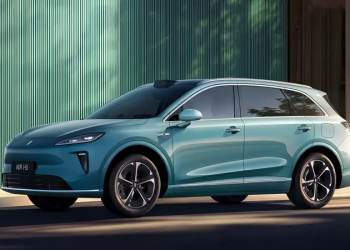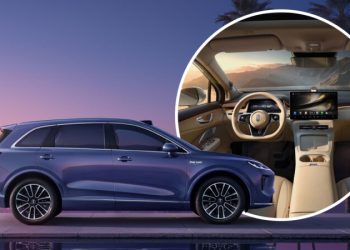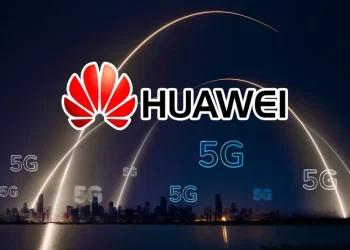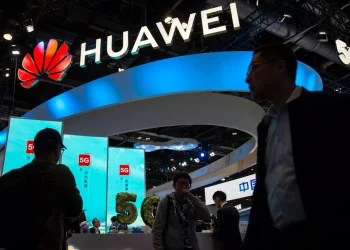SAIC Motor has partnered with Huawei Technologies to launch a new smart electric vehicle (EV) brand called Shangjie. This move comes as SAIC tries to recover from six years of declining sales in China’s competitive auto market. As a result, the company is betting on advanced technology and fresh branding to re-enter the EV race. The first model, a stylish SUV, will debut this autumn and will feature Huawei’s autonomous driving and in-car entertainment technologies.
Speaking at a launch event in Shanghai, SAIC president Jia Jianxu emphasized that the partnership goes beyond a standard collaboration. In his view, it represents a revolutionary step in smart-driving innovation. To support this effort, SAIC has assigned 5,000 employees to the Shangjie project. Meanwhile, Huawei will supply its latest EV systems and ensure high-quality standards, according to Richard Yu Chengdong, chairman of Huawei’s consumer business group.
According to reports, the initial Shangjie SUV will be priced from 170,000 yuan (approximately $23,270). However, the companies have not yet confirmed an official release date. Nevertheless, this pricing aims to compete directly with popular models from Tesla, Li Auto, and Xpeng.
Previously, SAIC benefited from joint ventures with General Motors and Volkswagen, which helped it achieve a record 7 million vehicle deliveries in 2018. Since then, the company has faced a sharp decline, largely due to China’s accelerating shift toward electric mobility. In 2024 alone, SAIC’s vehicle sales dropped by 20 percent, falling to just 4 million units.
Huawei, by contrast, has steadily expanded its presence in the automotive tech industry. For instance, it supplies chips, sensors, and software to carmakers such as Arcfox and Avatr. These technologies enable semi-autonomous driving and connectivity features. In 2021, Huawei launched the Aito brand with Seres. The Aito line gained traction thanks to its advanced driver-assistance systems and digital interiors. Eventually, Seres acquired full rights to Aito from Huawei for 2.5 billion yuan ($340 million).
Analysts suggest the SAIC-Huawei alliance underscores Huawei’s evolving strategy. Instead of building its own cars, the tech giant is focusing on becoming a top-tier supplier of smart automotive systems. Moreover, Huawei invited other carmakers to invest in its smart-car unit, Shenzhen Yinwang Intelligent Technology. The goal is to build an open-source platform that accelerates EV development across the industry.
China remains the world’s largest EV market. In fact, it contributed 70 percent of global EV sales in 2024. That year, 10.9 million electric and plug-in hybrid vehicles were sold nationwide, accounting for half of all new cars. Therefore, carmakers are under increasing pressure to integrate advanced features and deliver smarter vehicles.
Looking ahead, SAIC and Huawei are positioning Shangjie to capture growing demand for intelligent EVs. Their collaboration blends SAIC’s automotive experience with Huawei’s tech innovation. If successful, Shangjie could become a leading name in China’s smart EV revolution.








